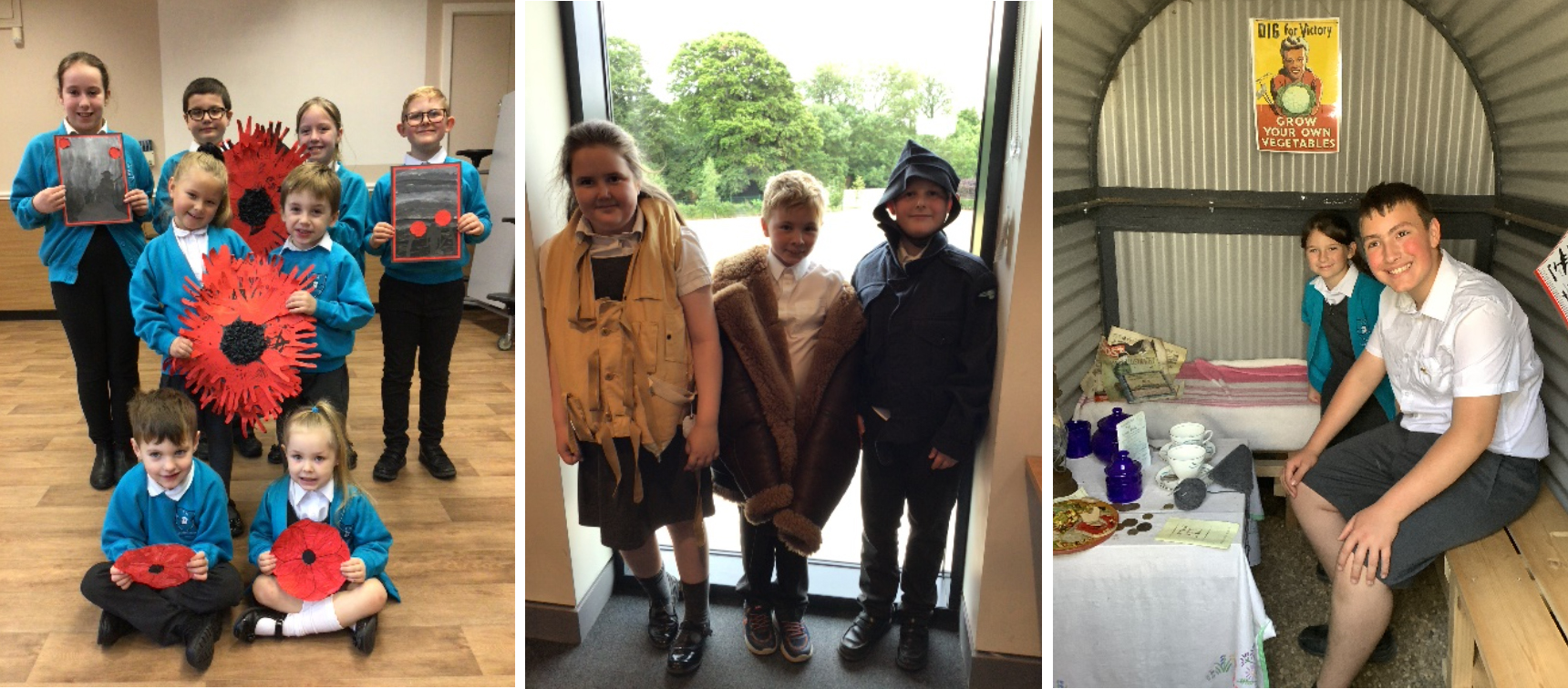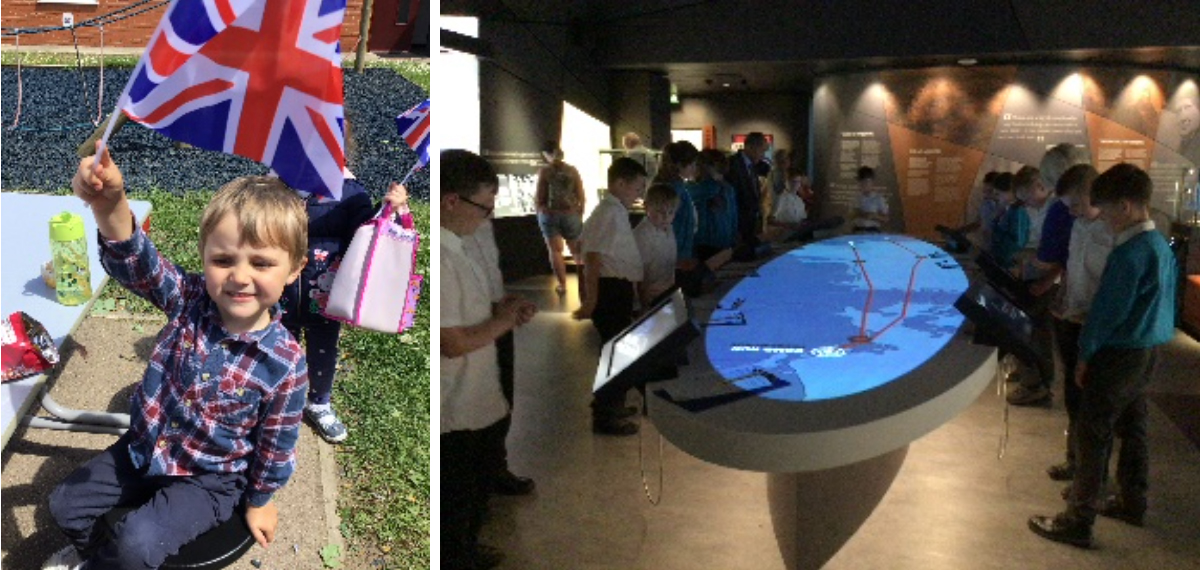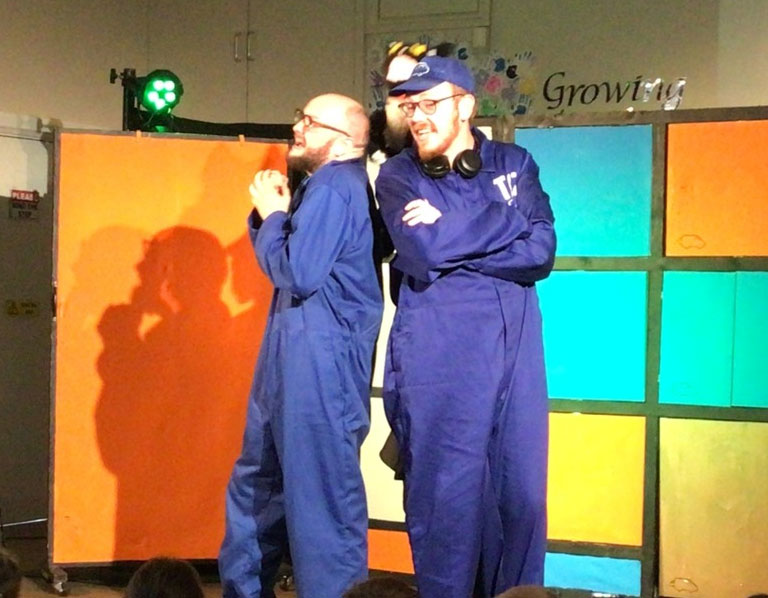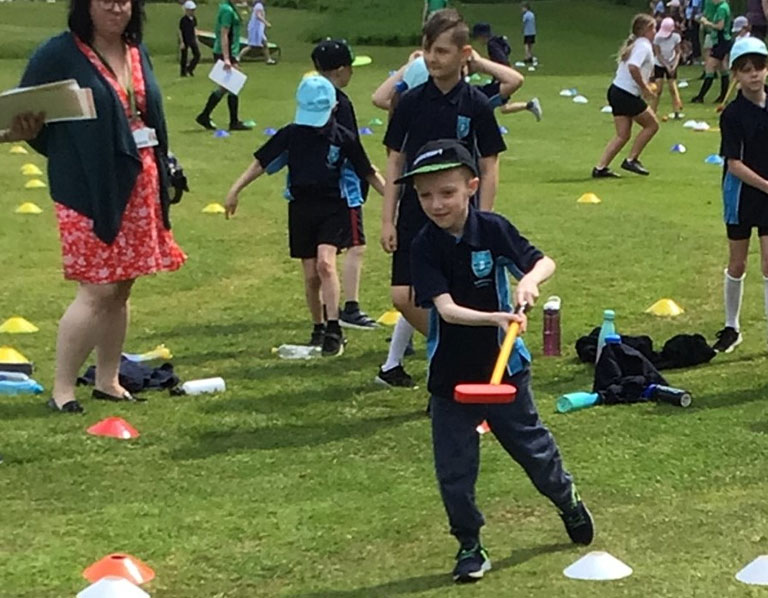History
Curriculum Leader: Miss Emily Marrows
Intent: At Theddlethorpe Academy, our aim is to deliver a high-quality History curriculum that inspires children to want to know more about the past and to think and act as Historians. By linking learning to a range of thematic topics, children have opportunities to investigate and interpret the past, understand chronology, build an overview of Britain's past as well as that of the wider world and our immediate locality, and be able to communicate historically.
Our aim is to ignite this curiosity at an early age in Early Years, through Understanding the World, where children begin learning about the past in relation to themselves, their family and events and celebrations. We want to bring history alive and develop skills such as empathy, enthusiasm, determination and commitment to learning.
In addition, our wider curriculum enhances the importance of local and national events and also helps to engage pupils and develop interests. Where relevant, specific visits or visitors will be considered to further knowledge and skills, and again, to excite and enthuse the next generation of Historians.
When the children leave and embark on their secondary education, our aim is to have developed young historians who have an excellent knowledge and understanding of people, events and contexts from a range of historical periods, including significant events in Britain's past, a developing sense of curiosity about the past and how and why people interpret the past in different ways and the ability to think, reflect, debate, discuss and evaluate.

Implementation: At Theddlethorpe Academy, History is explicitly taught in Years 1 to 6 and this allows children to focus on developing their knowledge and skills, studying each topic in depth.
We use the milestones created by Chris Quigley Education, in conjunction with our planning to ensure the children develop their knowledge and skills as they move from Early Years through to Key Stage 1 and 2. We have developed a progression of skills with each year group, which enables pupils to build on and develop their knowledge and skills each year. Inter-curricular links are planned for, with other subjects such as Maths, Geography and Art being incorporated within History lessons and the curriculum.

Children are given a knowledge organiser at the start of each unit which details some key information, key questions and vocabulary they can refer to and use to support their learning.
In History lessons, children are given clear success criteria in order to achieve the learning Intention with different elements of independence. Effective modelling by teachers ensures that children are able to achieve their learning intention, with misconceptions addressed within. Through using a range of assessment tools, scaffolding is facilitated by teachers, to ensure that each pupil can access the History curriculum.


